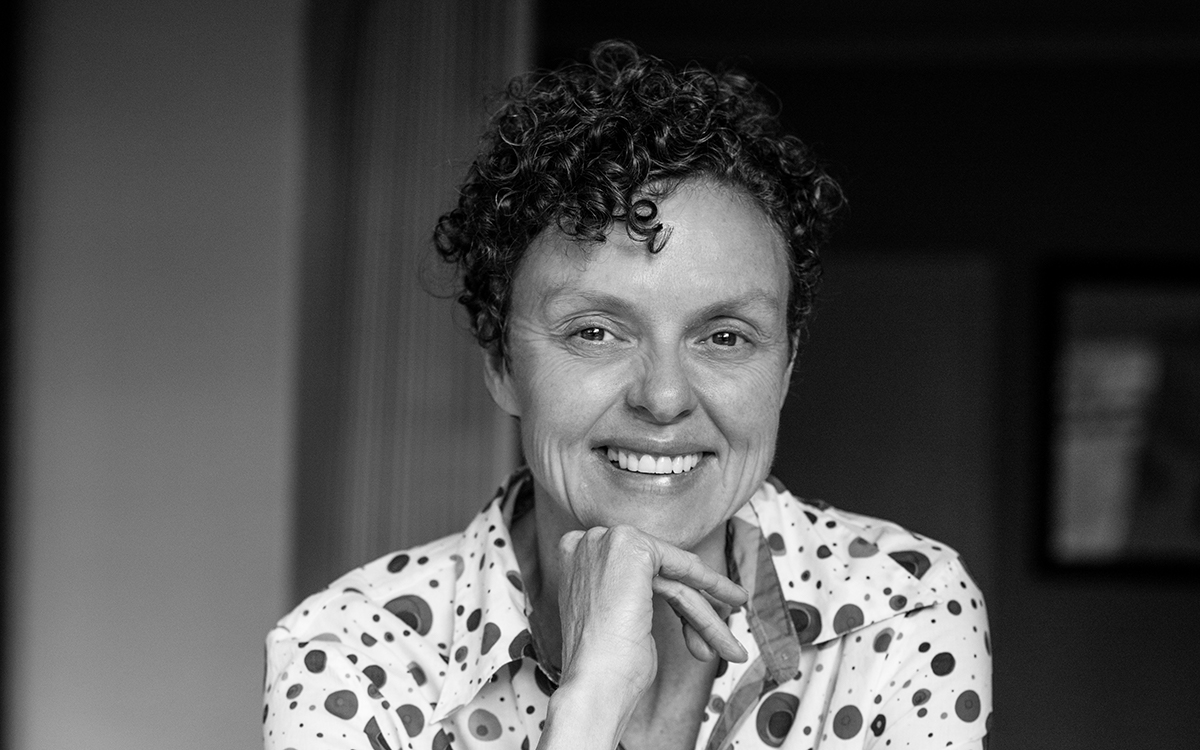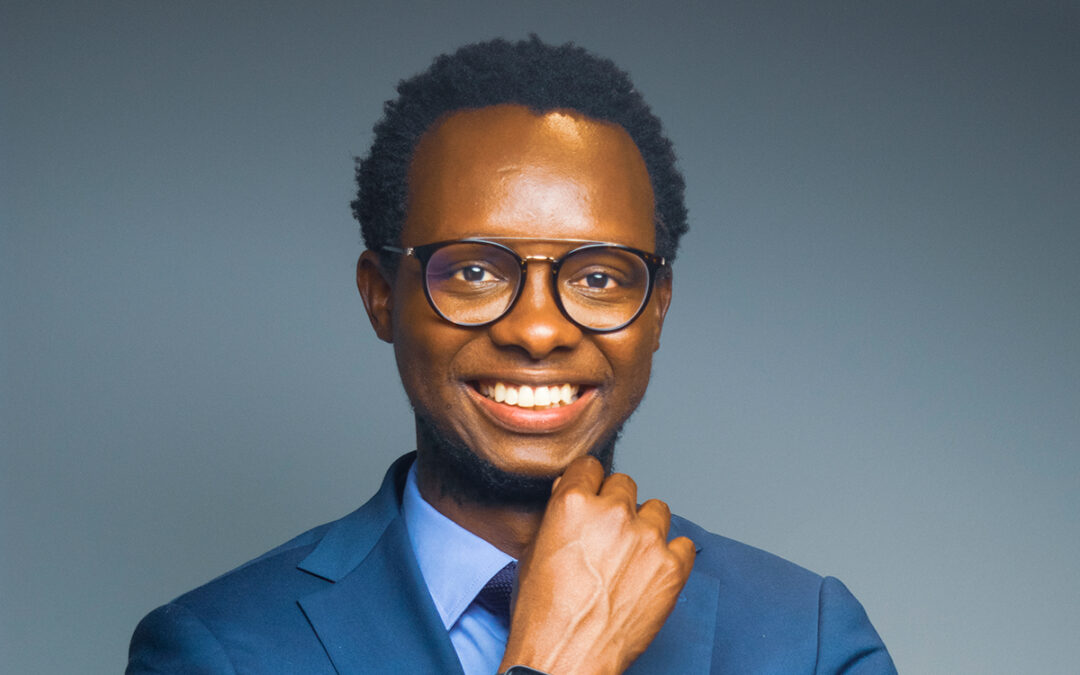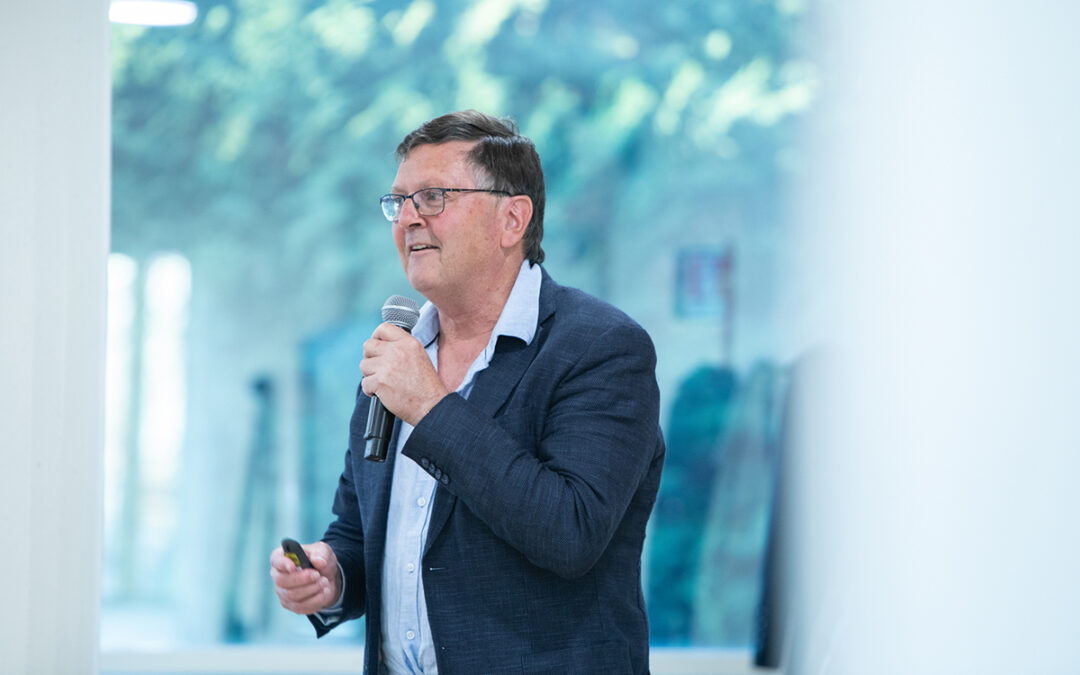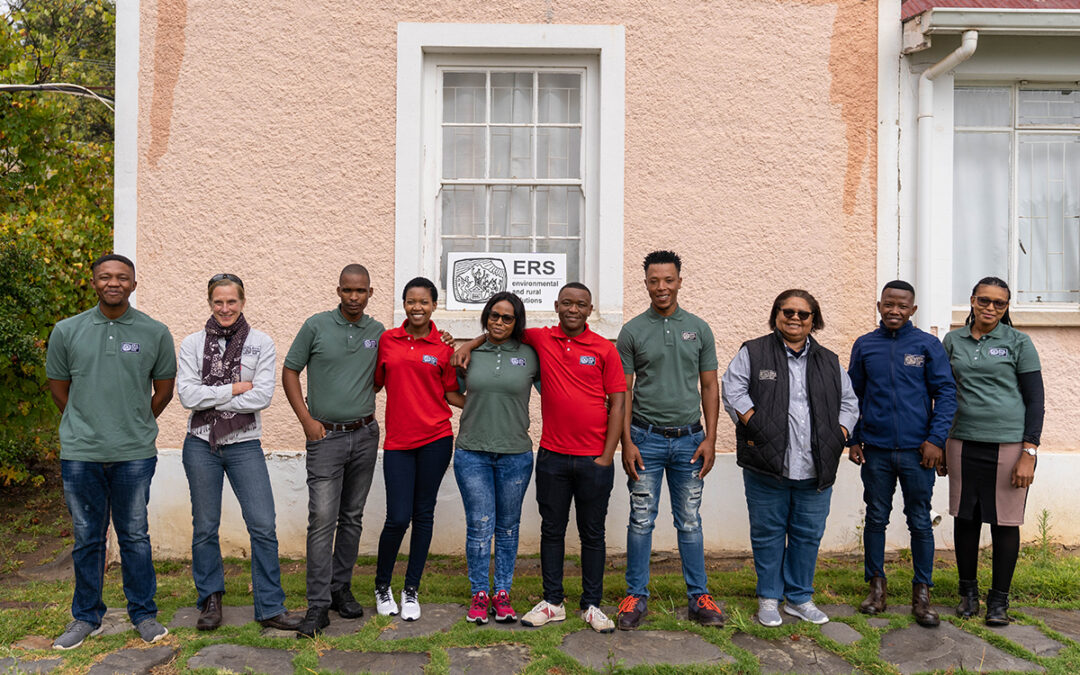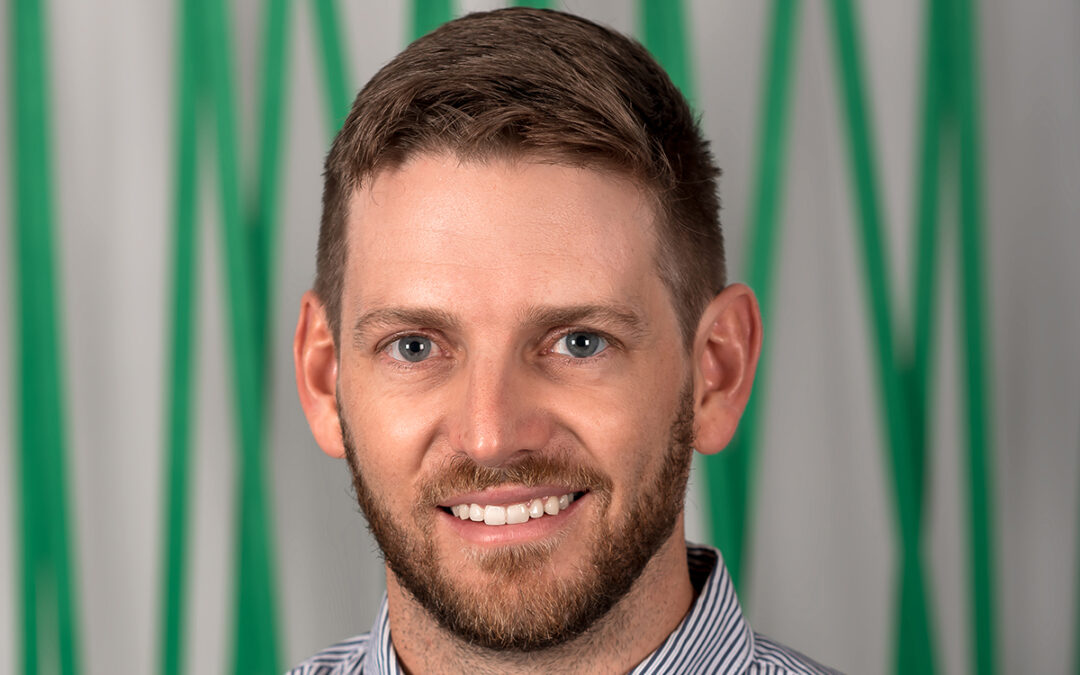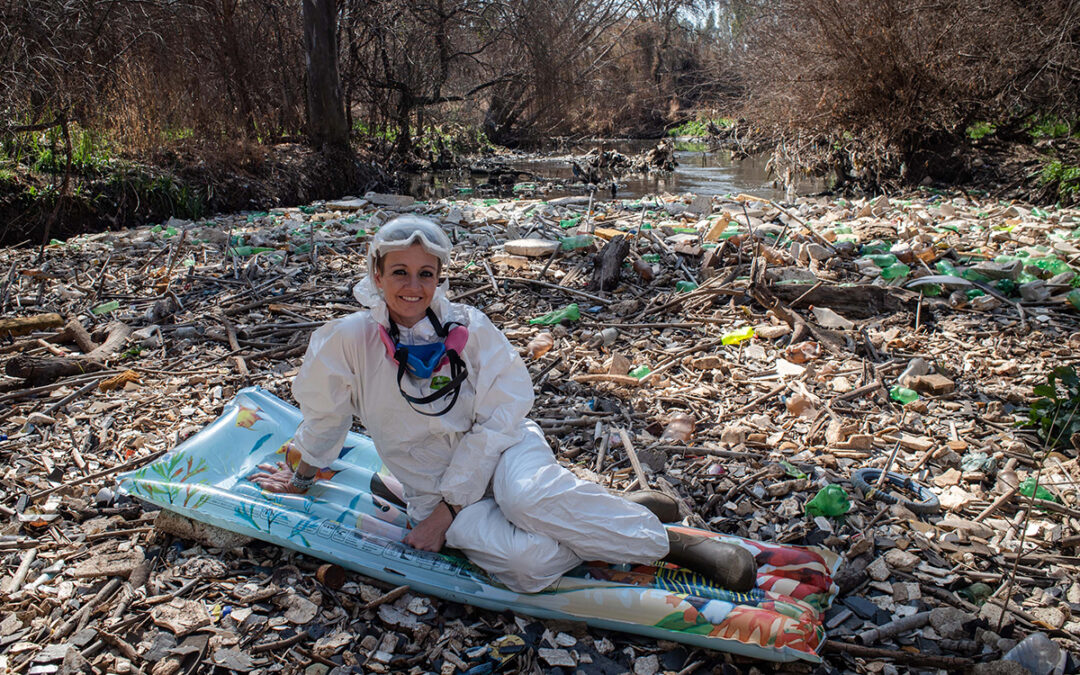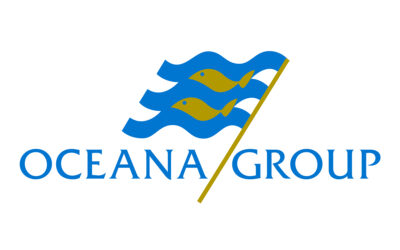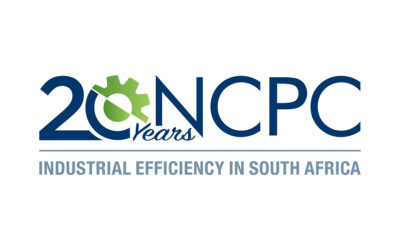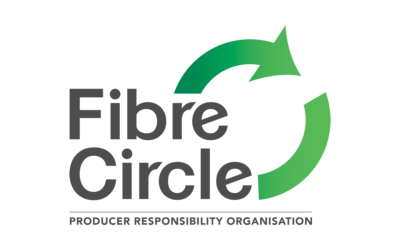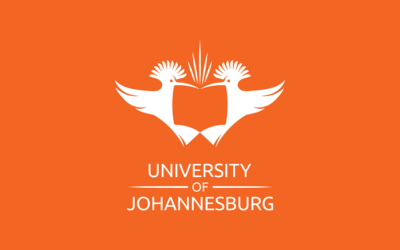At the age of nine, Tracy-Lynn Field wrote a letter to the editor of Family Radio and TV magazine. This set the stage for what would become a lifelong commitment to environmental activism and a general concern for people and the planet we call home. The 47-year-old professor at the University of the Witwatersrand’s school of law adds that her own coming of age coincided with the global mainstreaming of sustainable development.
“I was 18 when the UN Conference on Environment and Development was held in Rio de Janeiro in 1992 – the same global event that spawned the UN convention on climate change and the convention on biodiversity,” she says. “I grew up with the evolution of the global understanding of the depth and immediacy of the ecological crisis that is upon us, which is always a socio-ecological crisis because the social and ecological fabric deteriorate together.”
Since 2003, Field has been teaching several courses on environmental and sustainability law to students at Wits. “With the help of an amazing team at Wits this year, I was awarded the Claude Leon Chair in Earth Justice and Stewardship, which is paired with a colleague from the hard sciences, Professor Craig Sheridan.”
While she has spent more than two decades working in climate justice and renewables, water justice is a particular area of interest for Field. She says meeting Bill Frankel, chair of the Claude Leon Foundation, is a career highlight. “I promised him that I would do everything in my power to fight for the planet and people, particularly in the area of water justice, which will be a key focus for the next five years.”
“I grew up with the evolution of the global understanding of the depth and immediacy of the ecological crisis that is upon us, which is always a socio-ecological crisis because the social and ecological fabric deteriorate together.”
